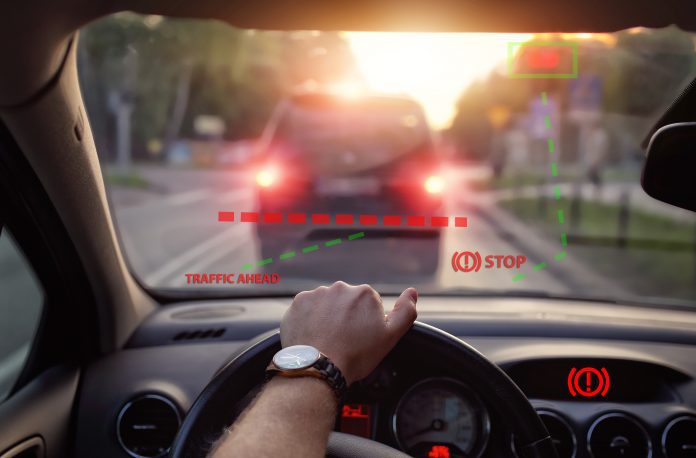A coalition of automotive safety and insurance groups is urging the federal government to proceed with a rule mandating automatic emergency braking (AEB) systems in new cars by late 2029. This call comes despite strong opposition from a top automaker lobbying group recently petitioned to reconsider the rule, labeling it as “practically impossible” to comply with as written.
“This rule is the most impactful regulation for roadway safety issued by the National Highway Traffic Safety Administration (NHTSA) in years,” stated the coalition, which includes Advocates for Highway & Auto Safety and insurers such as Allstate, Farmers, and Liberty Mutual, in a letter. The groups urged NHTSA to deny the petition filed by the Alliance for Automotive Innovation, which represents all major U.S. automakers except Tesla, and to implement this regulation without delay to prevent crashes and unnecessary injuries or fatalities on our nation’s roadways.
Moreover, U.S. Transportation Secretary Pete Buttigieg and other Biden administration officials will decide whether to reconsider the rule. If NHTSA maintains the current rule, the standoff could prompt Congress to enact legislation addressing the industry’s concerns.
In June, the Alliance for Automotive Innovation stressed its support for the widespread adoption of AEB technology but raised technical objections to the rule in letters to Congress and NHTSA. Alliance President and CEO John Bozzella criticized the rule, citing issues with its practicality and the rulemaking process at NHTSA.
Congress previously directed NHTSA to develop the new AEB rules as part of the 2022 Bipartisan Infrastructure Law. Before that, a 2016 voluntary commitment among government and industry groups aimed to make AEB technology standard on nearly all new vehicles. This commitment included NHTSA, the nonprofit Insurance Institute for Highway Safety (IIHS), Consumer Reports, and automakers. By 2023, according to IIHS, 20 automakers, including Ford Motor Co., General Motors Co., and Stellantis NV, had installed AEB on 95% or more of their new light-duty vehicles.
The safety groups’ letter emphasizes IIHS data showing that AEB systems can reduce car front-to-rear crashes with injuries by 56%. The coalition’s call for the rule’s swift implementation underscores the potential lifesaving impact of the regulation despite the technical challenges cited by the auto industry.



